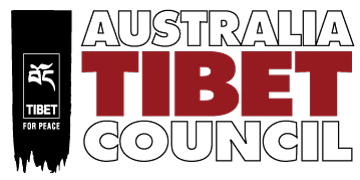UN investigates Forced Labor in Tibet
Six UN Special Rapporteurs have now written to the Chinese Government outlining the ways that they are concerned about forced labour in Tibet.
They have raised concerns about “the extensive labour transfer program in the Tibetan Autonomous Region, placing rural workers into low skilled and low-paid industrial jobs, allegedly eroding Tibetan minority languages, cultural practices, and religion.”
Their investigation details concerns about Tibetan farmers and herdsmen being ‘transferred’ from the agricultural sector to manufacturing services in urban areas – including over 600,000 transfers in 2020 alone.
ATC reported this forced labour transfer at the time and has been alerting the public about the removal from Tibetan nomads from their ancestral lands for years now.
It is due to the constant pressure and concern from Tibet supporters worldwide that this issue now holds the attention of the UN.
The UN has listed their concerns as being around the coerced or forced nature of the labour transfer policies and the effects that these policies have on Tibetan’s freedoms of religion and belief, their right to development and their right to cultural education.
The report states:
“Through the labour transfer program in TAR, many Tibetans are potentially coerced to accept jobs in the manufacturing or construction sector, where working conditions may amount to forced labour.
Tibetans are reportedly transferred directly from the training to their new work facilities, which makes it challenging to understand whether Tibetans can object or if they are coerced into the new employment”
The Special Rapporteurs also expressed concern that the forced transfer of Tibetan farmers, herders and other rural workers into low skilled manufacturing and construction jobs was also undermining the viability of previously sustainable livelihoods in rural areas where Tibetans hold comparative advantages, such as jobs in woollen goods and dairy products.
The UN Special Rapporteurs are:
- Tomoya Obokata, Special Rapporteur on contemporary forms of slavery, including its causes and consequences
- Alexandra Xanthaki, Special Rapporteur in the field of cultural rights
- Saad Alfarargi, Special Rapporteur on the right to development
- Fernand de Varennes, Special Rapporteur on minority issues
- K.P. Ashwini, Special Rapporteur on contemporary forms of racism, racial discrimination, xenophobia and related intolerance
- Siobhán Mullally, Special Rapporteur on trafficking in persons, especially women and children
ATC will continue to press the Australian Government for action on this issue.
